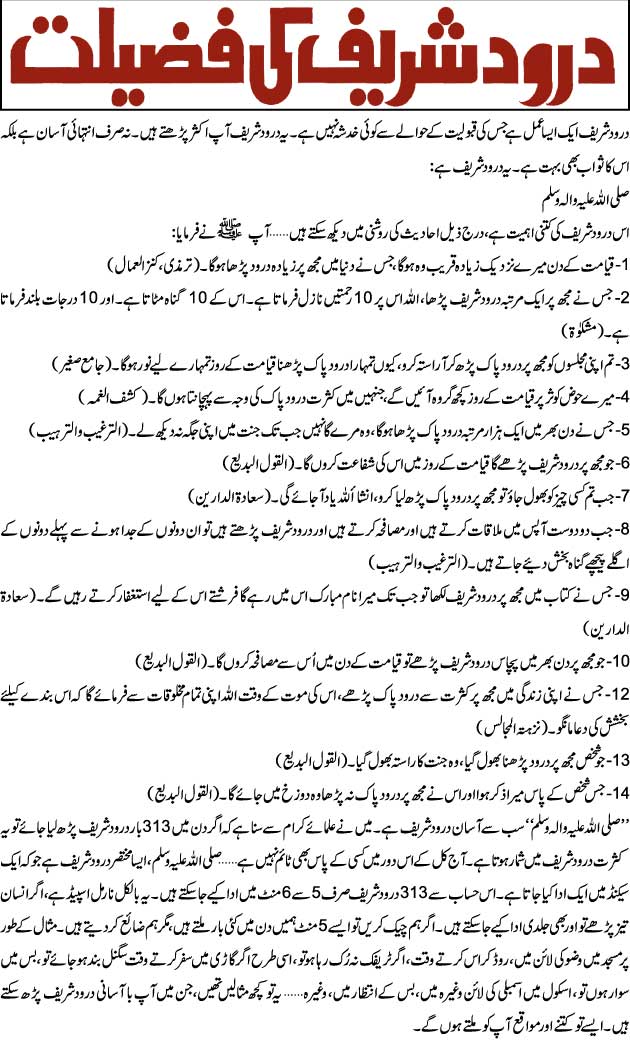MUSLIMS should strive their best to achieve unity in all aspects. It is against the spirit of Islam to see Muslims divided. It is high time for Muslims to be united and forget about their differences. Unity is a unique feature of Islam.
Allah says: “O you who believe! Be conscious of Allah as you aught to be conscious of Him, and die not except in a state of Islam. And hold fast, all together, by the Rope which Allah (stretches out for you), and be not divided among yourselves…” (Qur’an 3:102-105).
At another place the Qur’an says: “As for those who divide their religion and break up into sects, you have no part in them in the least: their affair is with Allah: He will in the end tell them the truth of all that they did.” (6:159)
Disunity among Muslims is our greatest problem today. We are at present a very fragmented and divided people. We have disunity at every level: within our communities, at the local level, national and international level. We talk about unity and discuss the problem of disunity in our meetings and conferences, but we fail to be united. We fail to work together, although everything in our religion and in our condition demands that we come together and work together.
Unity is our religious obligation. In Islam unity and faith are interrelated. People of faith are united. The more faith they will have, the more united they will be. Allah says in the Qur’an, “Indeed the Believers are brothers to each other … ” (49:10)



